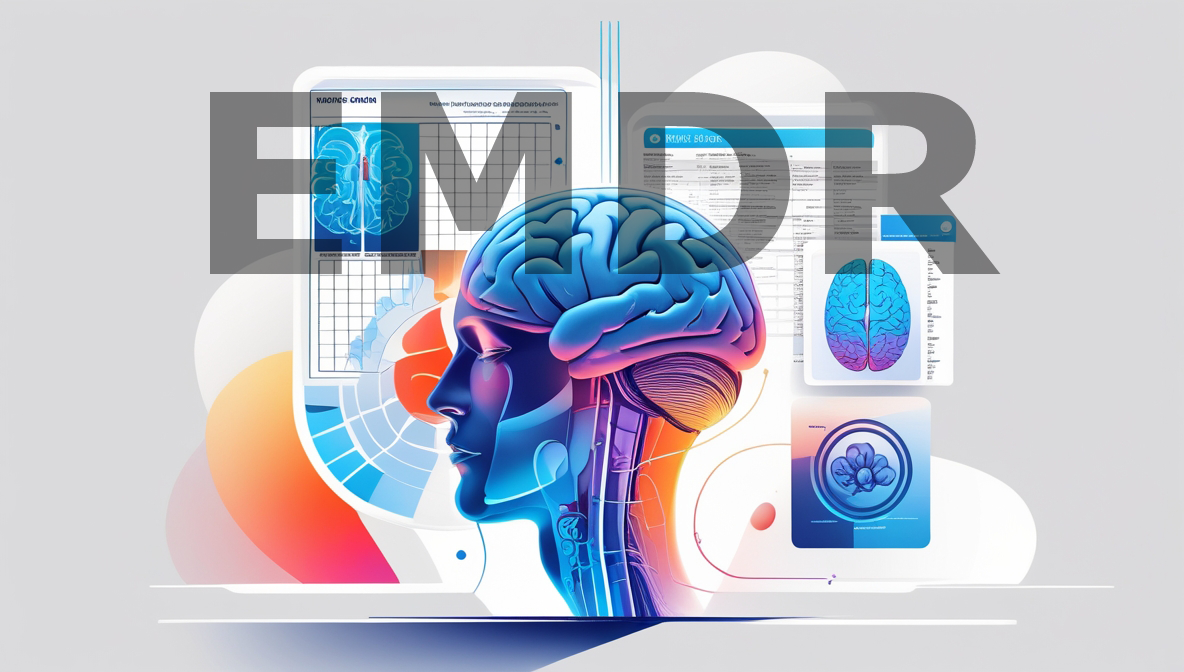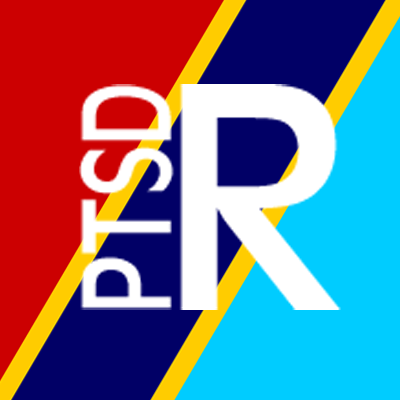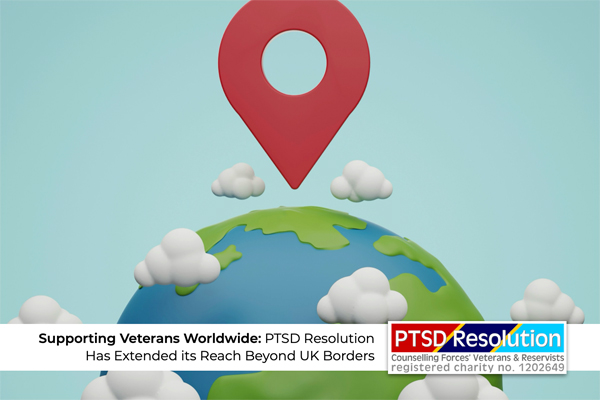Eye Movement Desensitisation and Reprocessing (EMDR)
ID: 311025

Frequently Asked Questions:
Q. What is Eye Movement Desensitisation and Reprocessing (EMDR)?
EMDR is a psychotherapy designed to alleviate distress associated with traumatic memories. It involves recalling distressing events while receiving bilateral stimulation — such as eye movements, tapping, or alternating sounds. Sessions typically last 60–90 minutes. EMDR is widely recognised for treating post-traumatic stress disorder (PTSD), anxiety, and depression.
Q. How does EMDR work for PTSD treatment?
EMDR helps clients reprocess traumatic memories, so they no longer trigger intense emotional responses. It follows eight structured phases, from assessment through to closure.
The Human Givens Therapy (HGT) "Rewind Technique" also enables the reprocessing of traumatic memories using a different approach that emphasises deep relaxation and guided visualisation. Some practitioners report similar effectiveness, with potentially shorter treatment times.
Q. How long does EMDR therapy take to work?
EMDR typically involves multiple sessions over several months. Research indicates that Human Givens Therapy, as practised by PTSD Resolution (Charity No. 1202649), achieves reliable improvement in 79% of clients after an average of 6–7 sessions. Treatment is provided free to UK service personnel, veterans, reservists, and their families.
Q. What's the difference between EMDR and the Rewind Technique?
Both EMDR and the Rewind Technique are effective trauma treatments but use different mechanisms.
The Rewind Technique, part of Human Givens Therapy, involves inducing deep relaxation before processing traumatic memories, helping to prevent re-traumatisation. It can often address multiple traumas in one session and may complete treatment more quickly than EMDR.
Q. Is EMDR an effective treatment for military trauma?
EMDR is recommended by NICE for the treatment of PTSD and has been widely used with military personnel and veterans. However, therapists trained in both EMDR and the Human Givens Rewind Technique report that veterans often find the latter more acceptable. PTSD Resolution exclusively provides Human Givens Therapy for UK veterans, achieving an 82% completion rate with growing evidence of effectiveness.
Q. Can I get EMDR treatment without talking about my trauma?
EMDR does not require clients to describe their trauma in detail, which many find reassuring. Similarly, the Human Givens Rewind Technique allows trauma processing without verbalising or re-living painful experiences — a feature particularly valued by veterans.
Q. How much does EMDR therapy cost in the UK?
Private EMDR therapy typically costs between £60 and £150 per session, with multiple sessions usually required. PTSD Resolution provides Human Givens Therapy (including the Rewind Technique) free of charge to UK service personnel, veterans, reservists, and their families. The average cost to the charity is £940 per complete course.
Q. What are the side effects of EMDR therapy?
EMDR can occasionally cause temporary increases in distressing memories or vivid dreams after sessions. The Human Givens approach minimises such risks by ensuring clients are in a deeply relaxed state before trauma processing, helping to contain emotions and prevent re-traumatisation.
Q. Is EMDR better than CBT for PTSD?
EMDR and trauma-focused cognitive behavioural therapy (CBT) are both recognised as effective treatments for PTSD. Some studies suggest that the Human Givens Rewind Technique may achieve similar outcomes more quickly and at lower cost, though further comparative research is ongoing.
Q. Can EMDR be done online or remotely?
Yes. EMDR and Human Givens Therapy can be delivered effectively online or in person.
PTSD Resolution offers both online and in-person sessions through a network of more than 200 therapists across the UK, with an average waiting time of around 12 days from registration to the first appointment.
Q. Why do some veterans prefer alternatives to EMDR?
Some veterans find the eye-movement component of EMDR uncomfortable or unnatural. The Human Givens Rewind Technique, which uses relaxation and guided imagery instead, is often experienced as gentler and more natural.
Charles Highett, CEO of PTSD Resolution, explains that Human Givens Therapy is "specifically tailored to address military trauma through its comprehensive and holistic approach."
Q. Where can UK veterans get free trauma therapy?
Veterans can access EMDR through NHS Op COURAGE, although waiting lists can be lengthy.
PTSD Resolution (Charity No. 1202649) offers free, rapid-access Human Givens Therapy to UK service personnel, veterans, reservists, and their families, with no GP referral required and treatment starting on average within 12 days.
Q. Is EMDR evidence-based?
EMDR is supported by numerous randomised controlled trials demonstrating its effectiveness for PTSD. Human Givens Therapy is building a strong practice-based evidence base, with recent studies showing large effect sizes for the Rewind Technique in reducing PTSD symptoms.
Q. How do I choose between EMDR and other trauma therapies?
The best approach depends on individual needs and preferences. Consider factors such as:
· Treatment duration: EMDR typically requires more sessions than Human Givens Therapy.
· Cost: Human Givens Therapy through PTSD Resolution is free for service personnel, veterans, reservists, and families.
· Approach: EMDR uses eye movements; Human Givens uses deep relaxation and visualisation.
· Therapist availability: PTSD Resolution has over 200 accredited therapists nationwide.
· Evidence: Both approaches have strong and growing research support.
Q. Can family members access EMDR or similar treatments?
Family members can access EMDR privately, although NHS provision is limited.
PTSD Resolution extends its free Human Givens Therapy service to family members through the Family Assistance in Trauma Healing (FAITH) Programme, recognising that trauma can affect whole households.
Research shows that 68% of family participants achieve reliable improvement.
Important Note
PTSD Resolution exclusively provides Human Givens Therapy, incorporating the Rewind Technique.
This FAQ includes information on EMDR to assist individuals exploring trauma treatment options.
Based on its outcomes, evidence, and suitability for veterans, PTSD Resolution has chosen Human Givens Therapy as its sole treatment approach.
Across more than 4,500 clients, 79% have achieved reliable improvement, with an 82% completion rate.
The Rewind Technique shares some therapeutic mechanisms with EMDR but uses deep relaxation and visualisation rather than eye movements. This makes it particularly suitable for veterans who may find traditional exposure-based therapies challenging or uncomfortable.
Free Trauma Therapy for UK Personnel, Veterans, Reservists, and Families
PTSD Resolution (Charity No. 1202649) provides free, confidential Human Givens Therapy across the UK.
Call: 0300 302 0551
Visit: www.ptsdresolution.org
Email: contact@ptsdresolution.org
Colonel Tony Gauvain, Co-Founder and Chairman of PTSD Resolution, states:
"We've deliberately chosen Human Givens Therapy as our single treatment modality because it delivers exceptional results for military trauma — completely free to all who serve or have served."






